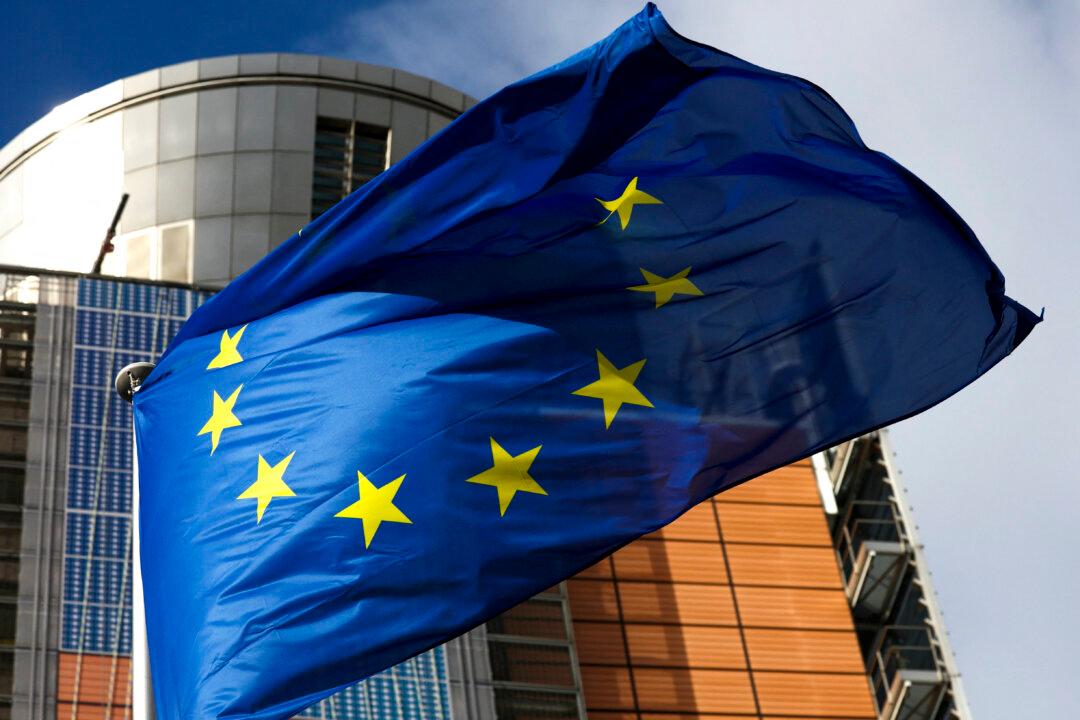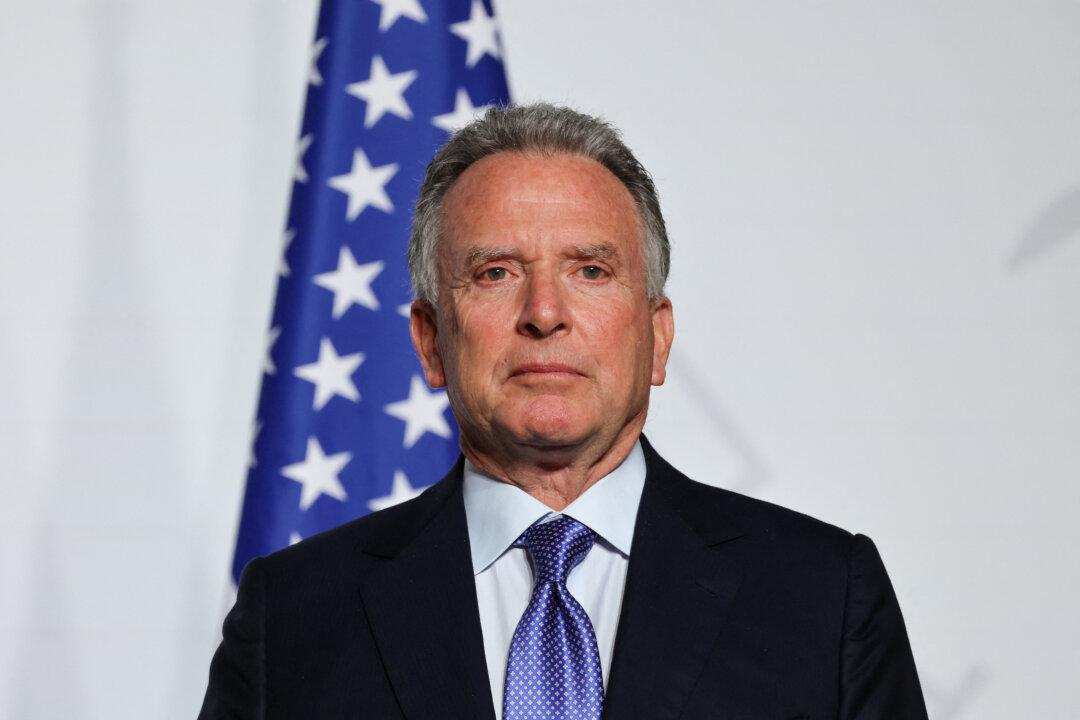The EU’s spending watchdog has estimated that at least 9.03 billion euros ($9.87 billion) of the union’s budget in 2023 was spent erroneously, in a report released on Oct. 10.
Representing an “error rate” of 5.6 percent, this marks a rise from 4.2 percent in the previous year and 3 percent from two years before.





